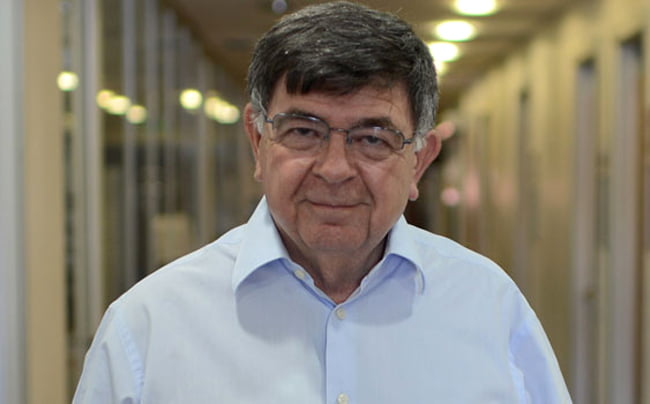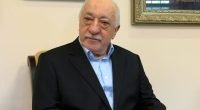Toward an Islamic enlightenment

Date posted: February 10, 2014
ŞAHİN ALPAY
Turkish Islamic scholar Fethullah Gülen, who has put forward an interpretation of Islam that advocates peace, democracy, secularism (in the sense of freedom of religion and conscience for all), science, education and a market economy, and who has supported interfaith dialogue and mutual understanding and respect for people of different ethnic and religious identities and lifestyles, has been the topic of much curiosity for native as well as foreign observers of Turkey.
The social movement he has inspired, which sponsors educational, media and business enterprises and which has built schools and universities in Turkey and in more than 120 countries has equally been a topic of curiosity.
Prime Minister Recep Tayyip Erdoğan, the leader of the post-Islamist Justice and Development Party that has been in power in Turkey since 2002, and who — until very recently — spoke with great respect and admiration for Gülen and his movement, has begun to call Gülen a “false prophet,” “fake saint” and a “bogus scholar,” and the Gülen movement “a parallel state,” “a gang,” “an illegal organization” and “raving Hashashins.” He has accused the prosecutors and police who started the corruption investigation against bureaucrats, members of his government and businessmen close to him of having taken orders from Gülen. Interest in Gülen and his movement may be said to have grown exponentially.
Friends and colleagues abroad are often asking me what to read on Gülen and his movement — besides of course the columns I have written so far. Among the studies that have proliferated on the subject, I find the most notable to be those by M. Hakan Yavuz, a Turkish professor of political science at the University of Utah in the United States. He surely is the academic who has devoted most time and energy into research on this subject, and published extensively on it. The critical views he has sometimes directed toward the Gülen movement perhaps add to the credibility of his approach.
Yavuz’s most recent book, “Toward an Islamic Enlightenment: The Gülen Movement” (Oxford University Press, 2013), is a book I find exceptionally worth reading since it provides a meticulous and comprehensive study on the background and evolution of Gülen’s ideas and the structure of the movement he has inspired. It is surely far from being the final word and is open to critical evaluation on many counts, but according to my understanding, it is the best study so far on the subject.
Its main argument, as indicated in the title and expounded on in the introductory section, is the following: There is no one, single Islam. The history of Islam, like other religions, is a history of different interpretations. Modernization and globalization processes have led mainly to two opposing interpretations. Fundamentalists reject modernization and insist on a “pure” kind of Islam based on the Quran and the sayings and practices of the Prophet. Modernists, on the other hand, have sought to free Islamic thought and practice from rigid and puritanical interpretation to meet the spiritual and temporal needs of Muslims in the contemporary world. Gülen, along with Fazlur Rahman, Alija Izetbegovic, Abdurrahman Wahid, Abdolkarim Soroush and Rachid al-Ghannouchi, belong to the latter school of thought. Enlightenment does not mean the rejection of religion; it essentially means using critical reasoning to understand society and the universe. Said Nursi (1878-1960) and Gülen are representatives of “Islamic enlightenment” who have interpreted Islam in light of reason and science to bring about reforms for the building of a more humane society.
A question posed often in Turkey and abroad about the Gülen movement is on its ultimate goal. This is Yavuz’s response: “This work has indicated that the movement is motivated neither by the desire to establish societal hegemony nor seize control of the Turkish state. Rather, it seeks to shape society and politics by developing and strengthening a sense of morality and virtue among believers and between communities, the state and humanity as a whole.” (p. 221)
The chapter in the book which discusses the criticisms raised against the Gülen movement by assertive secularists, Islamic fundamentalists, Kurdish nationalists and part of the Alevi religious minority render the book even more relevant.
Source: Todays Zaman , February 9, 2014
Tags: Education | Fethullah Gulen | Hizmet (Gulen) movement | Hizmet-inspired schools | Turkey |
























